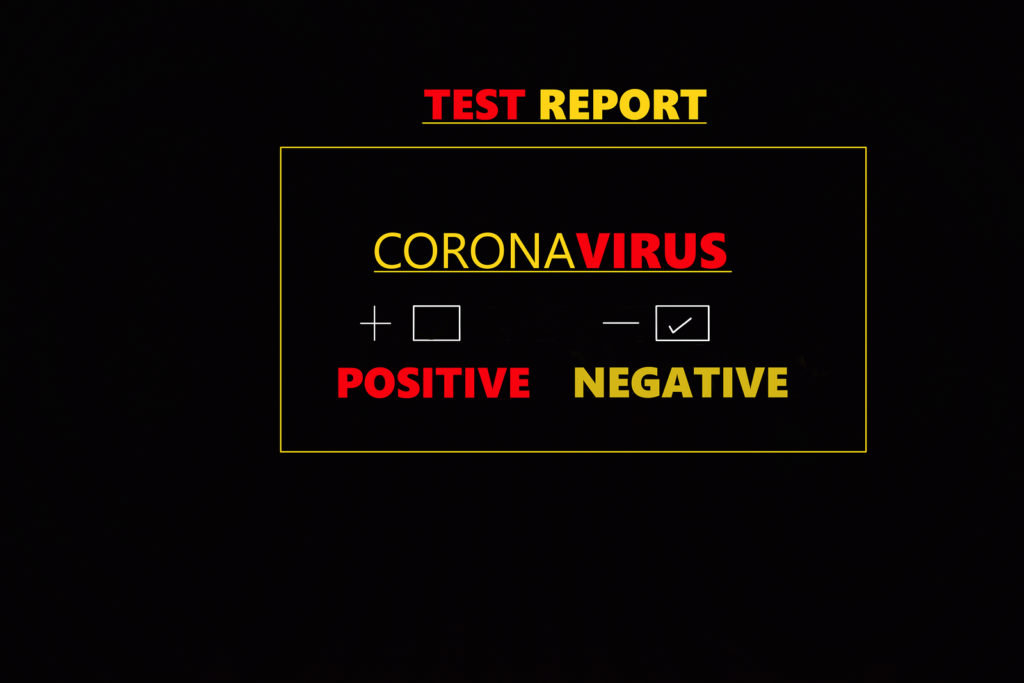As the world of medicine strains under the growing pressures of dealing with a global coronavirus outbreak, other industries are starting to step up in an attempt to relieve some of the pressure from the heroes of health.
One of these is a manufacturer working in the marijuana industry. Specifically, this company makes a machine that helps detect the levels of THC in a given crop which is extremely useful for farmers and manufacturers who make products like CBD for pain.
The COVID-19 pandemic is forcing some companies to rethink their main line of business in order to survive and thrive in these uncertain times.
And those that can help with the fight against the outbreak are finding their services particularly in high demand.
Facible originally built machines to detect levels of THC in hemp and marijuana, but the company has adapted this to instead process a test for COVID-19 in five minutes.
That sounds pretty amazing, right? It is, and Facible hopes to get the ball rolling on this novel use for the company’s machine. One environmental factor working in their favor is just how fast and efficient the approval process is currently for coronavirus solutions and aids.
CEO Steven Burden explained, “It’s not the traditional test which is what most, 90% of the market right now, and it’s not a stereological test, meaning you don’t need blood for it so we’re not testing for antibodies we’re actually testing for the presence of viral proteins and it’s actually different from anything else on the market right now in terms of how fast it is and how accurate it is.”
The machine was originally intended to provide marijuana farmers and producers with a quick and ready way to monitor THC levels in a given crop. But this function can apparently be spread out over other areas and provides doctors with a quick detection device for the respiratory illness that is crippling the world economy.
Given the current economic climate and the need for coronavirus testing, Burden thinks the company will roll out with that first.
“We’re launching with COVID-19 because the regulations have dropped, they don’t have that year-long FDA approval process,” he says.
Because the FDA is approving things at a markedly faster rate than before, Burden hopes to have the machine out in the wild by June.
Looking beyond COVID-19, Burden also discussed how his machine could be used for detecting other things such as antibiotic levels in milk, though these functionalities are (necessarily) still on the drawing board.
One thing is certain, few companies that entered into this crisis will emerge from it the same as they were before. Whether Facible can capitalize on its innovative technology in time to truly make an impact and save lives rests largely on the shoulders of bureaucrats right now. But, as far as this machine is concerned, it is ready to go to help in the fight against the global pandemic.



